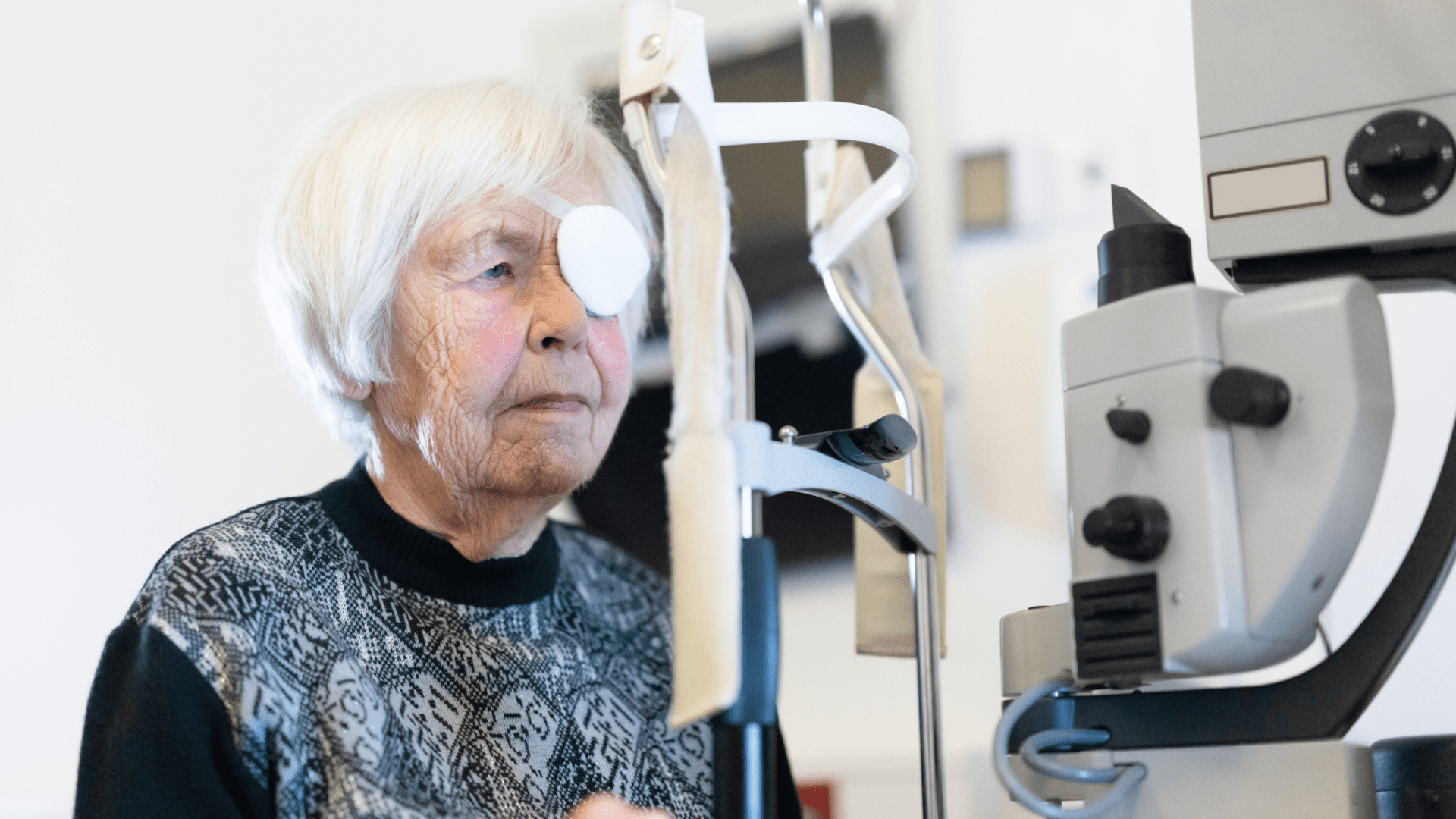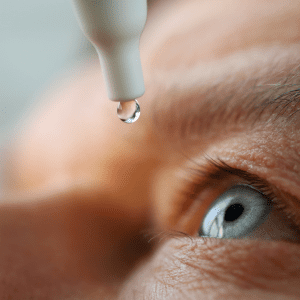Cataract Surgery Recovery: What You Need to Know

Cataract surgery is a widely performed procedure. It restores clear vision through the removal of a clouded eye lens and replaces it with a new, artificial one. Though the surgery is routine, it is helpful to know about cataract surgery preparation. Understanding cataract surgery recovery is equally helpful.
Likewise, we’ve outlined some of the most important information below.
Preparing for Cataract Surgery
Prepping for cataract surgery is no different than any other. Pre-operative instructions may include:
- Adjusting medications
- Fasting
- Using prescribed eye drops to decrease risk of post-surgery infection
- Getting required eye exams
If you have questions or concerns at any time, please discuss them with your surgeon.
Immediate Post-Surgery Period
Post-cataract surgery, you may feel a bit disoriented. That is normal. You might also experience additional symptoms, including:
- Mild discomfort
- Grittiness in the eye
- Itching
- Light sensitivity
- Red eyes
These symptoms typically subside within days. Your surgeon will instruct you to avoid direct sunlight and strenuous activities during the immediate recovery period.
Recovery Timeline
Cataract surgery recovery varies from person to person. For some, recovery typically ranges from a few days to a few weeks. Vision improvement should occur within the same timeframe.
- To help the process:
- Avoid harsh soaps.
- Don’t apply makeup.
- Refrain from placing foreign objects into the eyes.
- Don’t rub or press the eyes.
- Wear an eye shield when possible.
Medications and Eye Drops
Patients can feel better after surgery by taking medicine and using eye drops for discomfort like dryness and itchiness. These treatments help to prevent infection and reduce inflammation. Take them as directed and follow these steps for proper eye drop usage:
- Tilt your head backward.
- Gently pull down your lower eyelid to create a pocket.
- Carefully place the eye drop into the pocket.
- Blink or keep the eye closed as directed.
Activities and Restrictions
It’s natural to want a quick return to your everyday routine post-cataract surgery. However, it’s best to avoid activities that can delay your recovery. Some of these activities include:
- Lifting heavy weights
- Swimming
- Exposure to bright lights
They can introduce sweat, oil, or other substances to the eyes that disrupt healing. Instead, opt for gentler activities, such as reading and slow walks.
You may be eager to get back behind the wheel, but don’t rush driving after cataract surgery. Post-surgery, your vision may be temporarily impaired. Give your eyes time to adjust. Your surgeon will let you know when it’s safe for you to resume driving.
Managing Discomfort
After cataract surgery, you may experience discomfort around the eyes. You can manage that discomfort by:
- Applying a cold compress
- Using prescribed eye drops
- Sticking carefully to your prescribed medication regimen
If you experience severe pain, worsening vision, or other concerning symptoms, contact your surgeon immediately to address those issues.
Follow-Up Appointments
You should not miss your cataract surgery follow-up appointments. Your surgeon will design a timeline of visits to monitor recovery. Missing these appointments can lead to a delay in identifying any problems and may also delay full recovery.
Potential Complications
While complications are rare, they can occur. Cataract surgery complications may include:
- Infection
- Sudden vision loss
- Severe pain
- Double vision
- Swelling
Should you experience these issues or other persistent symptoms, contact your surgeon immediately. Addressing complications as quickly as possible is always the best option.
If you have questions or need help with recovering from cataract surgery, you can contact The Eye Center. We have locations in Huntsville and Madison and our phone number is (256) 705-3937.
